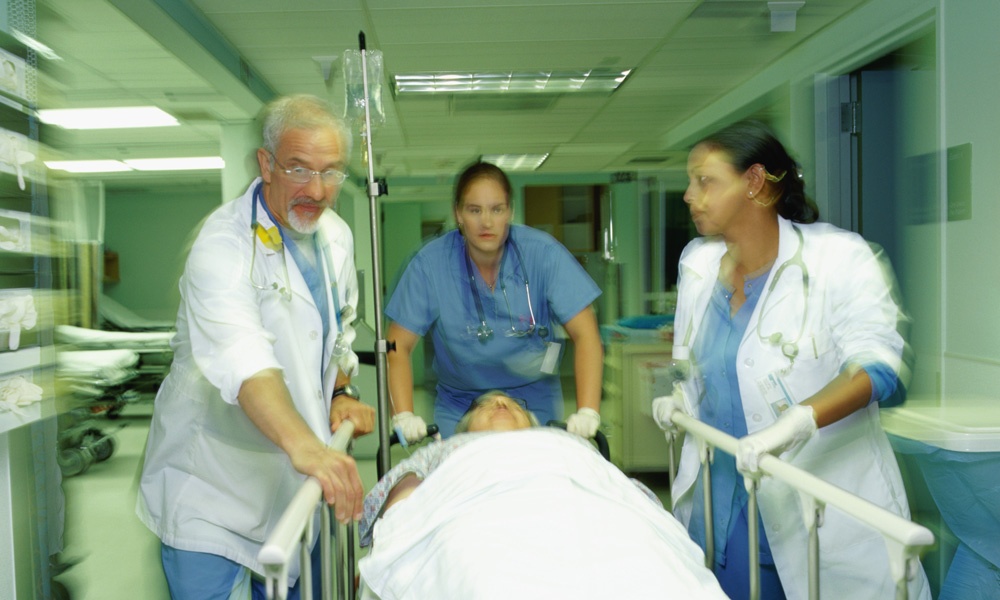CMS emergency preparedness

Emergency preparedness: Is your health system CMS ready?
In critical situations, make seconds matter by reaching the right people, at the right time with the right information. For years, emergency preparedness for hospitals and healthcare systems was handled primarily through certification with The Joint Commission. A review from Drexel University found that if you are Joint Commission certified you only meet about 35% of the new CMS Emergency Preparedness Guidelines.

Be prepared for the worst-case scenario
93 percent of doctors say their emergency departments are not “fully prepared” in the event of a mass-casualty incident, according to a new poll. Do you feel prepared? Listen to emergency preparedness experts at top hospitals as they share best practices for preparing and responding to a mass casualty incident.
Learn six steps to CMS readiness
Don’t let an incident make a greater impact than your response. Learn how you can achieve CMS compliance and ensure you’re ready to respond, no matter what the situation.

High availability and scalability
15 data centers, flexible capacity, and full stack redundancy
Redundancy across major modalities
Multiple SMS and voice providers vetted to ensure no downstream inter-dependencies, optimized for local delivery
Redundant network operations centers
Two geographically distributed NOCs staffed 24/7/365
Multiple live support teams
Global live support team with 24/7/365 tier 1 and tier 2 staffing
Flexible, redundant access
Web, mobile app, IVR, API and live operator telephone access